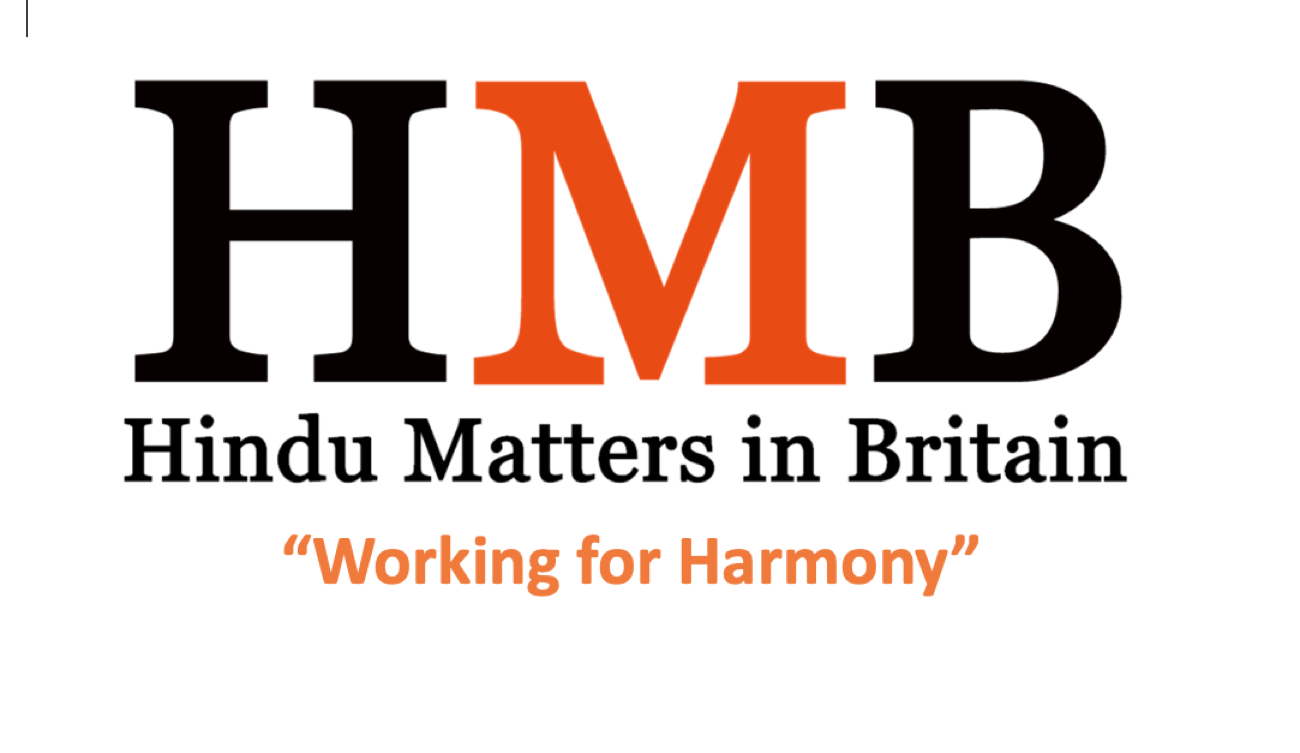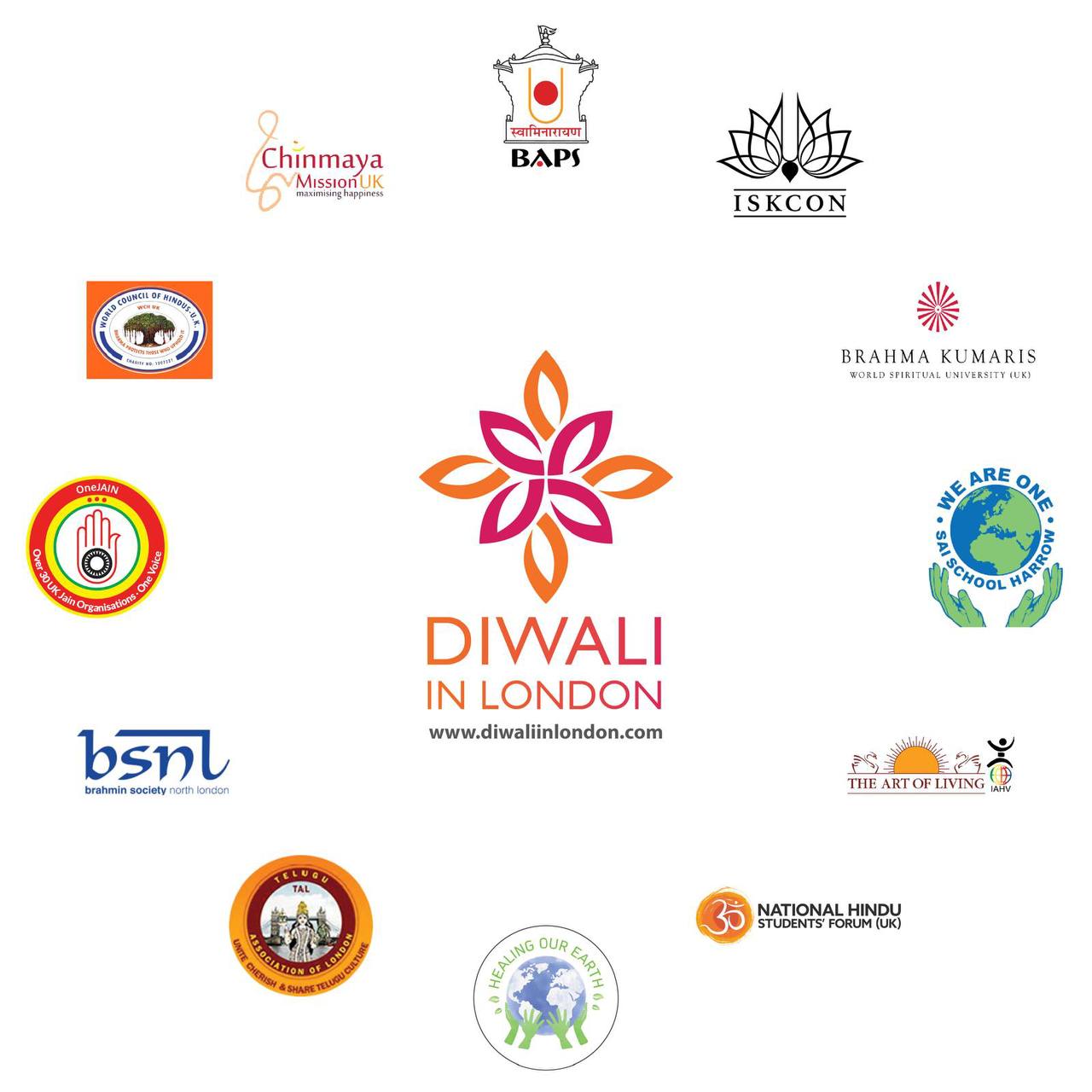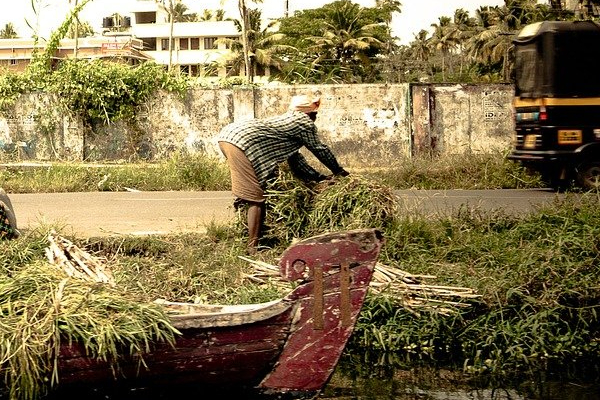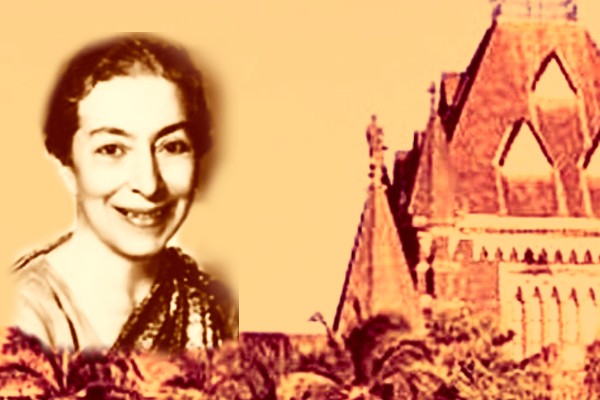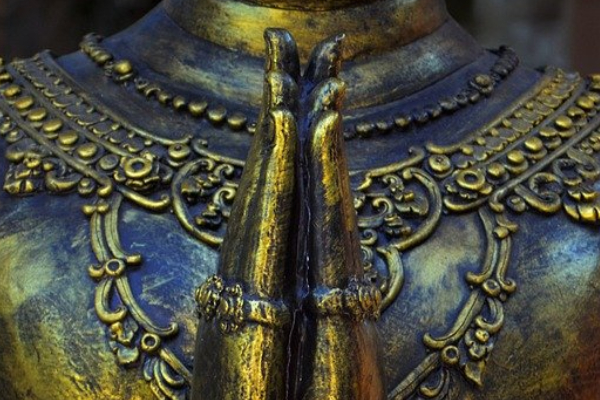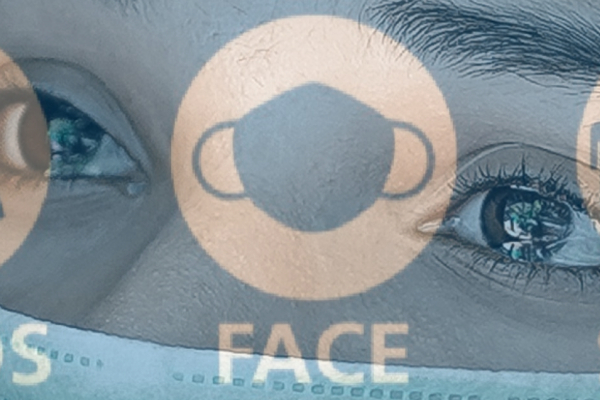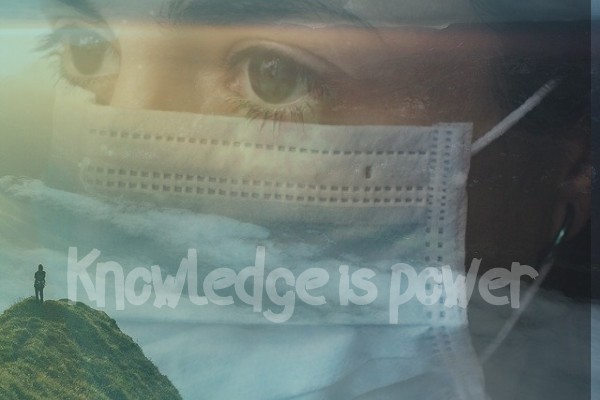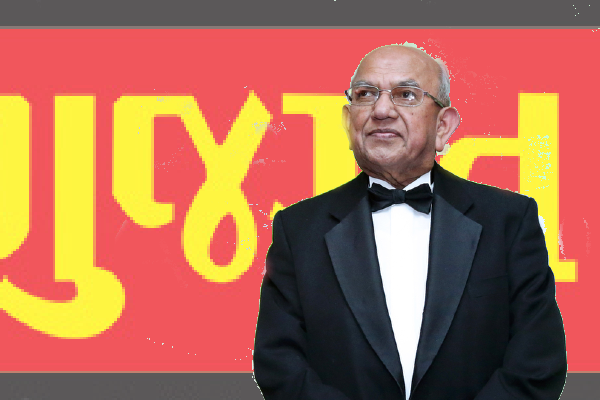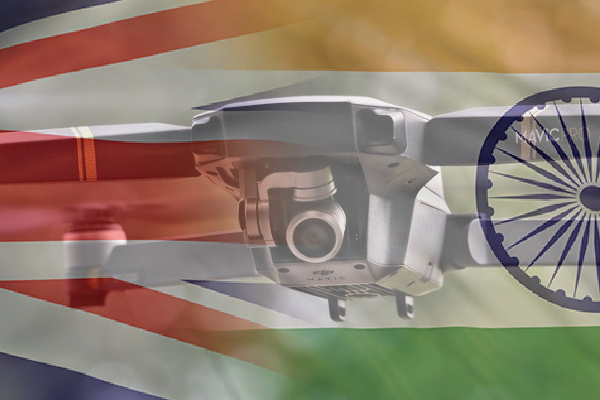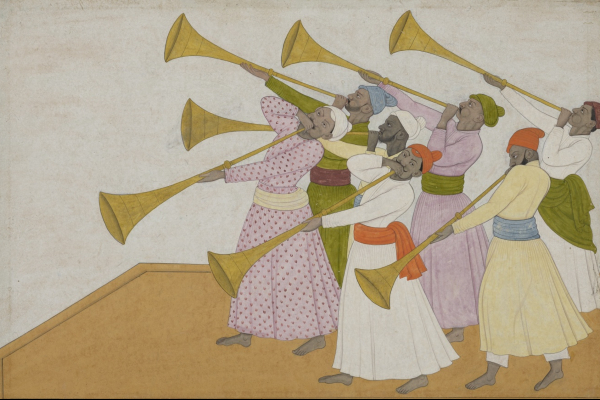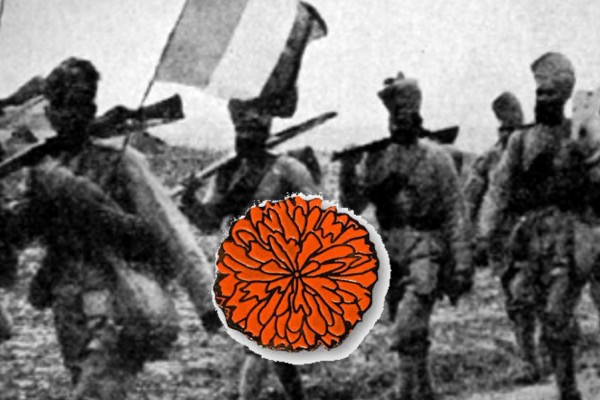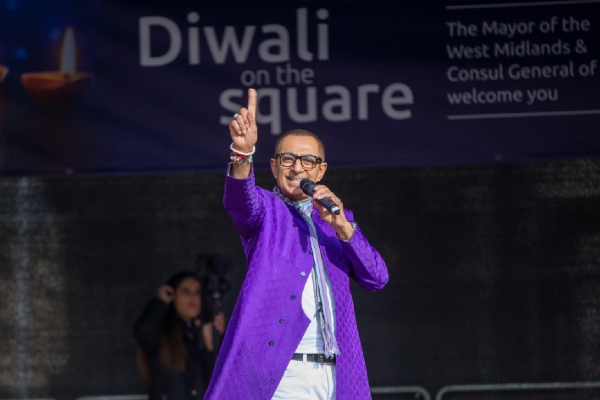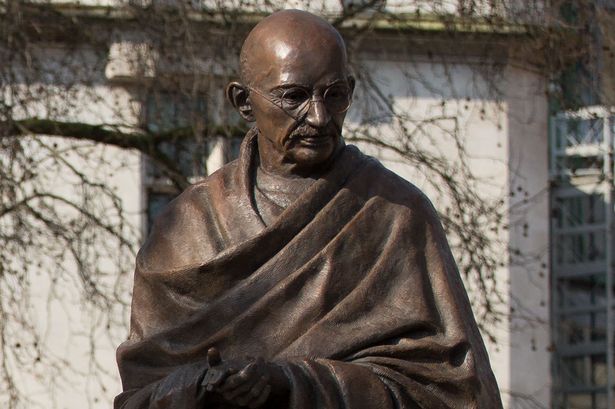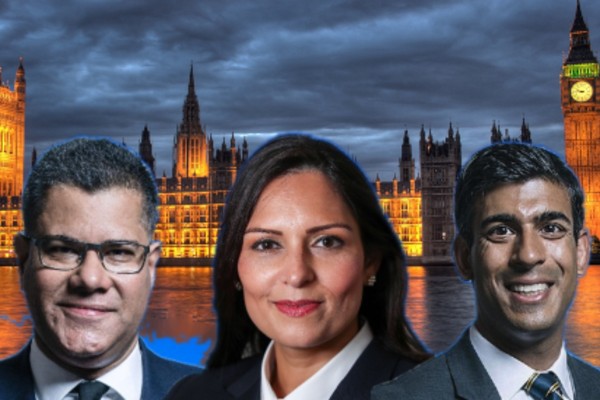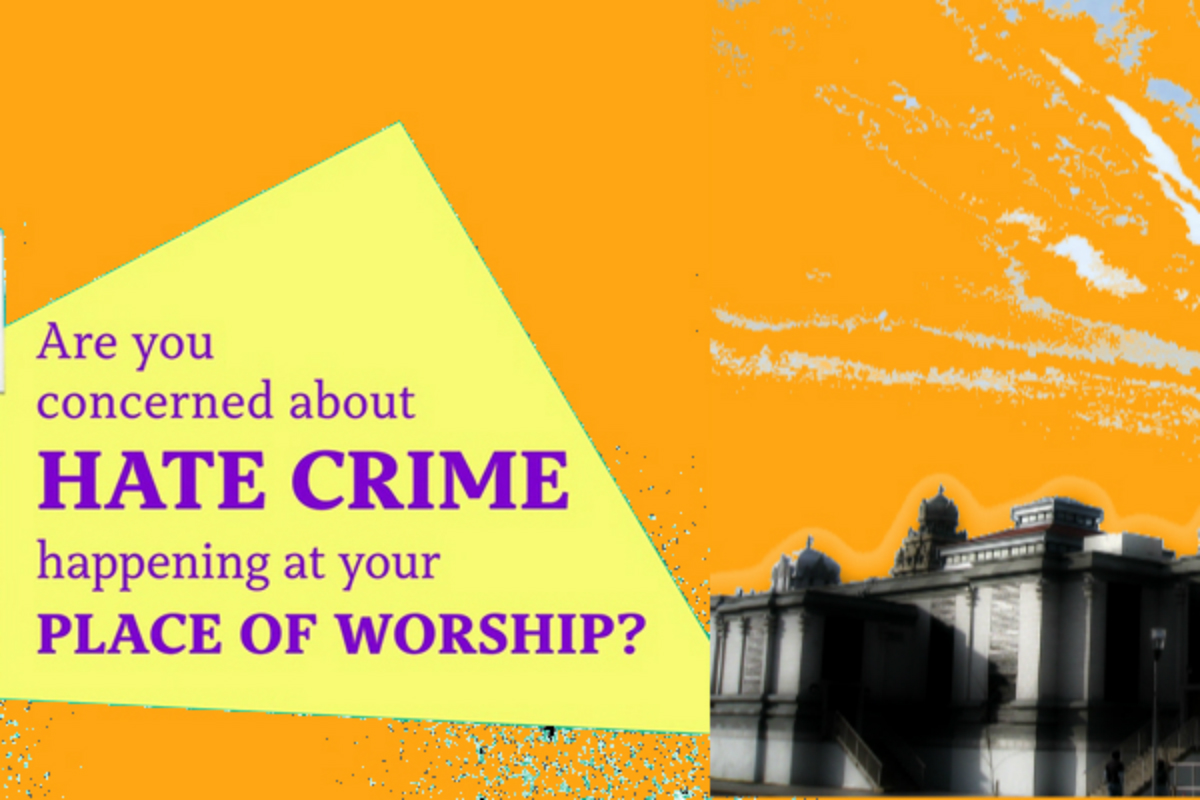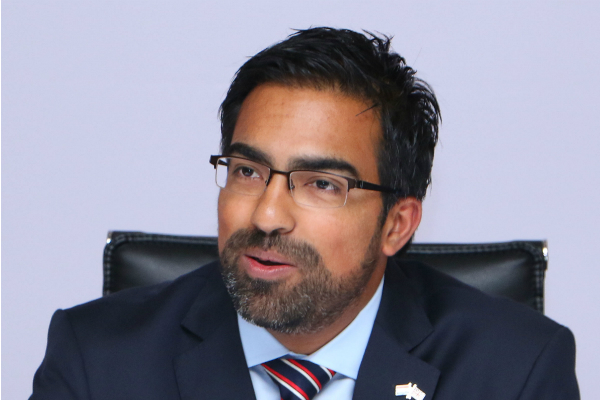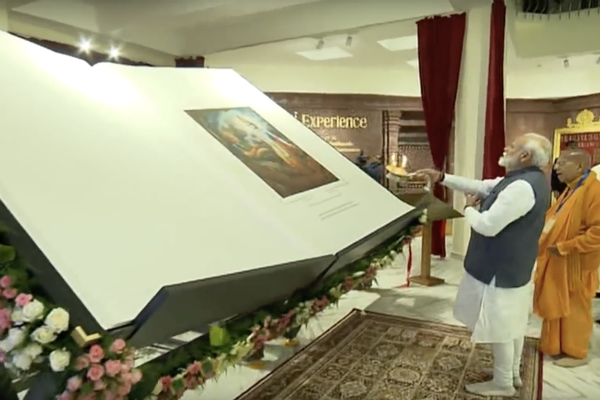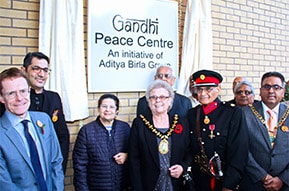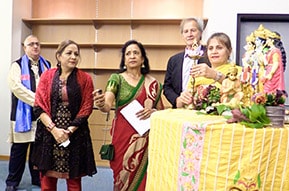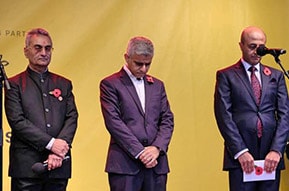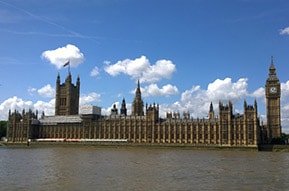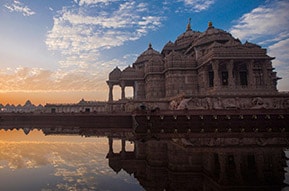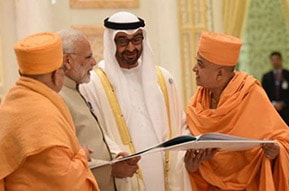Caste: Not in my Name - Why Legislation?
In the third and final part of this series of articles on ‘caste’ we examine the issue of ‘why legislation?’ As we have been outlining in previous articles, the issue of caste is controversial and highly complex. There is a lack of clarity and understanding on the subject.
In the first article we looked at why Hindus are targeted, when all communities face some form of discrimination and these communities are not linking the discrimination issues with faith.
In this second article, we examined why critics are trying to make it into, not just a Hindu issue, but an Indian issue. The most obvious analogy is the issue of class discrimination in the UK and why the same critics would not link class discrimination with Christianity.
In this third article we look at the whole area of ‘why legislation?’ There is a comprehensive piece written by Prakash Shah in Public Spirit website which debates on religion and public policy. Prakash Shah is a Reader in Culture and Law at the Department of Law, Queen Mary, University of London, where he is also the Director of GLOCUL: Centre for Culture and Law. He has an in-depth understanding of the caste issue.
In the last few years, there has been strong lobbying with groups who are resolute in adding caste discrimination into law. Although caste is generally more visible in India and it is subtly present in all societies globally, it is not in the mindset of British born ethnic communities. Thus conjuring up issues from past heritage is not necessarily the best remedy for community relations. If legislation were to be enacted, many people fear that Britain would be introducing an issue that is no longer relevant to British born ethnic communities.
Nobody wants any discrimination. Legislating by using research that has been found to be flawed without adequate discussions is not an acceptable form of justice. Anti-caste legislation lobby groups are asking why bother to introduce a law that is causing rifts in community relations especially since any form of discrimination is adequately dealt within the current Equality Act 2010?
The Equalities Act 2010 acknowledges that caste is a highly complex issue. It is linked to economic and/or socio-cultural distinctions within society which is very difficult to define. With no definitive way of contextualising it, the idea of adding it to legislation would require deep scholarly input and some consensus from a broad range of people, communities and ideas.
The Equality Act 2010 was designed to ‘simplify and streamline’ discrimination law in Britain. It covers nine protected characteristics (sex, gender reassignment, race, ‘religion or belief’, age, disability, sexual orientation, ‘marriage and civil partnership’ and ‘pregnancy and maternity’). However, pro-caste legislation groups have been proactive in including caste also as a protected characteristic. While everyone condemns caste discrimination, there is a difference in opinion as to:
If it exists, whether legislation should be used to tackle it and whether the existing legislation of the Equality Act 2010 should cover it in any case.
During the passage of the Equality Bill through Parliament, there are various heated debates on the subject. The Government decided to amend the Equality Bill by inserting a new provision – Section 9 of the Equality Act whereby a Minister may by order amend that section to provide for caste to be an aspect of race and thus would mean caste legislation in Britain. The Government also asked for further research by commissioning the National Institute of Economic and Social Research (NIESR) to assess the nature, extent and severity of caste prejudice, discrimination and harassment in Britain and the implications for Government policy. However, the results of this research were found to be flawed.
So where are we now?
The Government is expected to make a decision on whether Section 9 of the Equality Act 2010 is enacted as secondary legislation whereby making caste an aspect of race making it a form of race discrimination. The previous Coalition Government had indicated this legislation would be introduced in the Summer of 2015. The current Government is reviewing its position following the Employment Appeal Tribunal’s decision in Chandhok & Anor v Tirkey [2014]. The Tribunal noted that caste discrimination is capable of being unlawful under current law, provided that the circumstances of the case fall within the existing prohibition of race discrimination. Hence there has been a flurry of activity from all sides to determine which way the decision will go!
Please read the in-depth analysis from Prakash Shah published in Public Spirit website which debates on religion and public policy.
